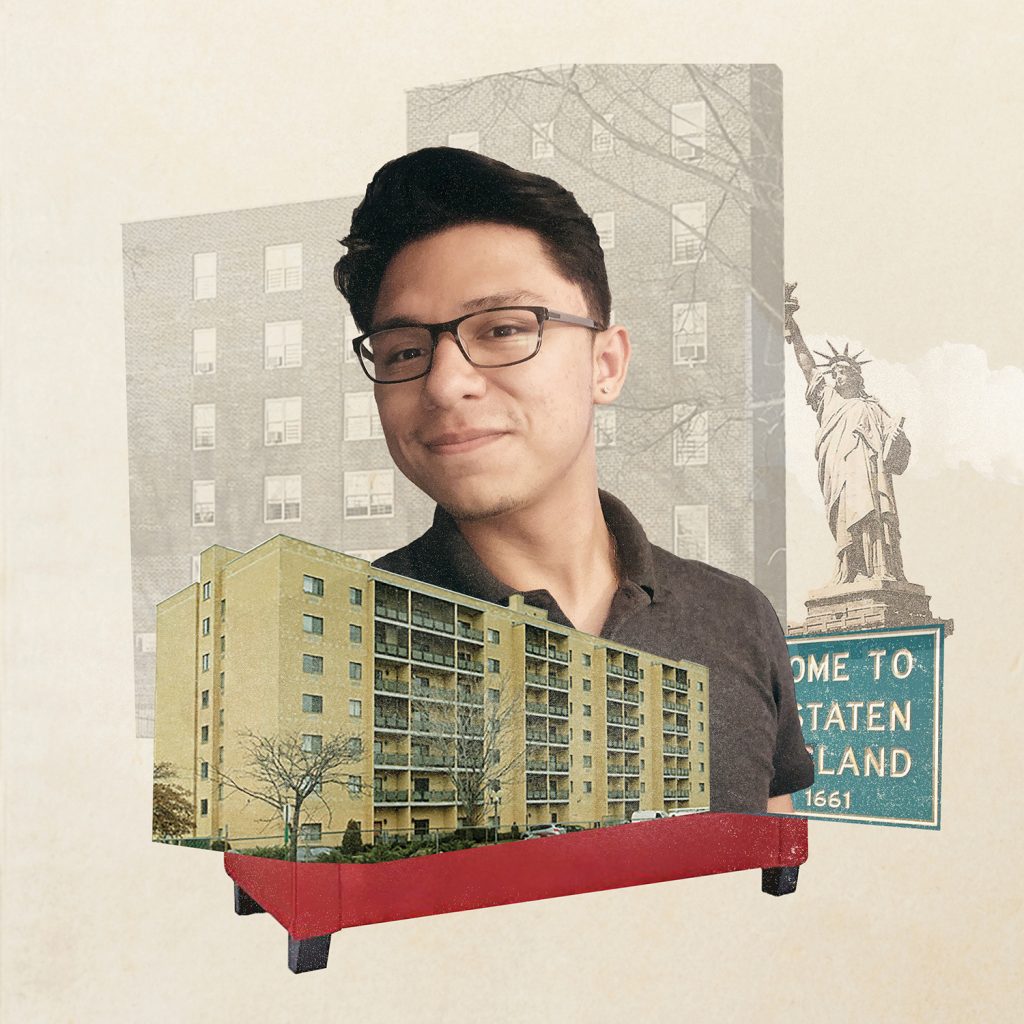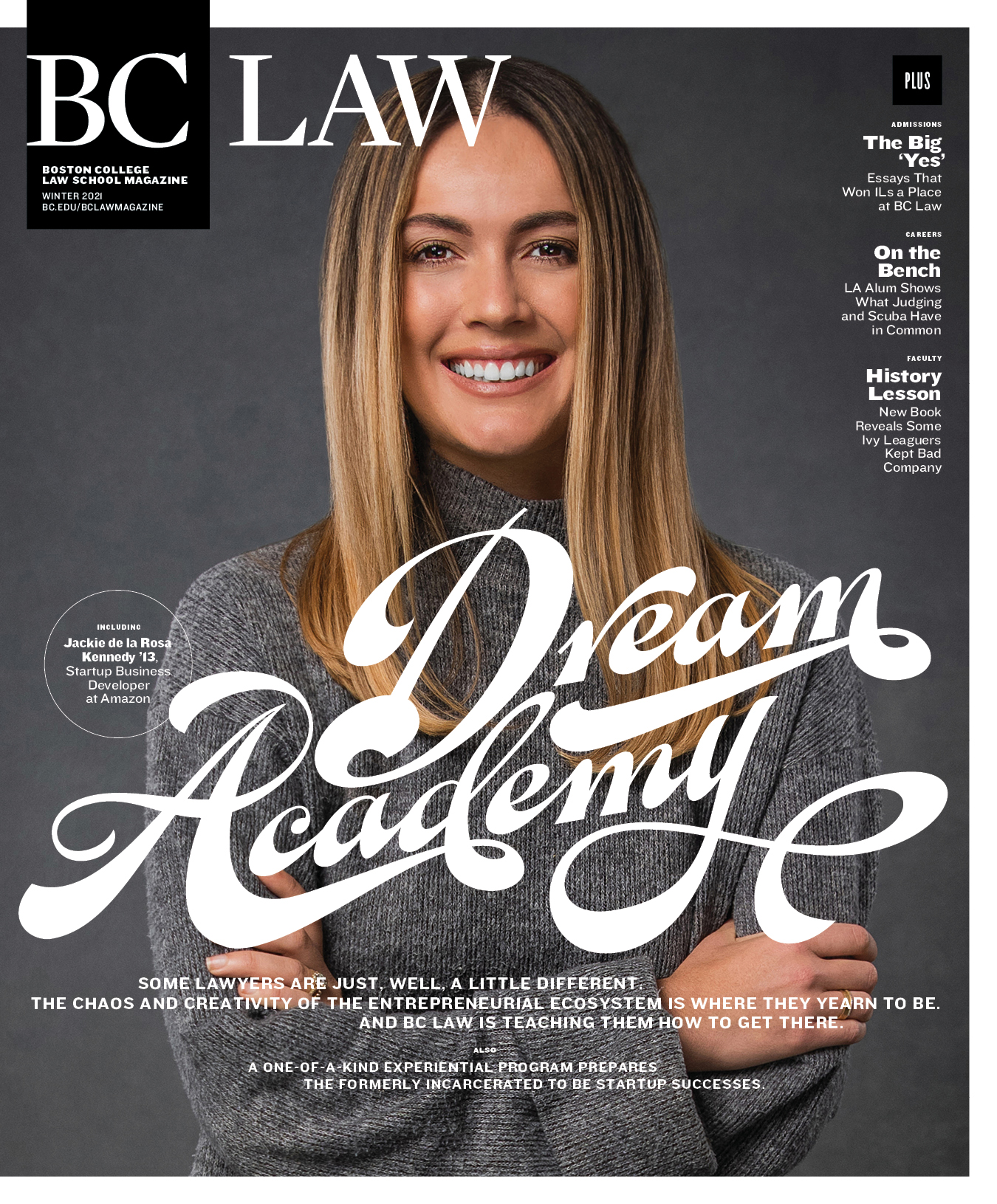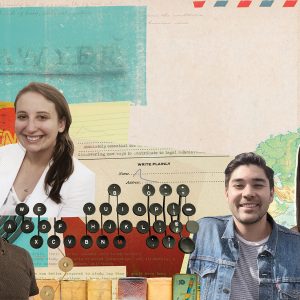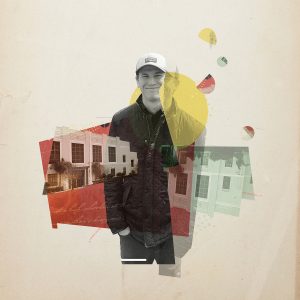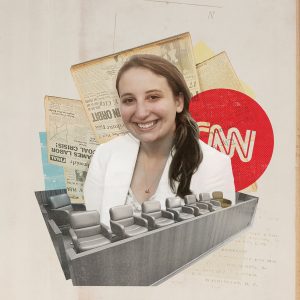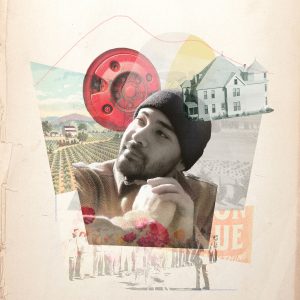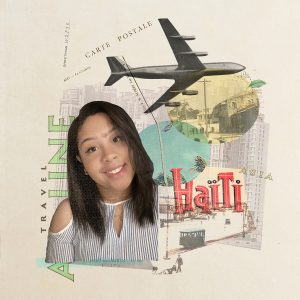Growing up with undocumented parents presents an array of obstacles in a child’s life. These obstacles are overwhelmingly challenging, yet they can create circumstances that also promote resiliency and independence.
My blended family of eight resided in a tiny, one-bedroom unit in the only apartment complex in my Staten Island, New York, neighborhood. It was not until this past year when I moved out, that I came to own my first bed. For most of my life, I slept on the living room couch alongside my father who slept on an inflatable mattress. My sister slept in the bedroom with my mother, her second husband, who is also undocumented, and my three half-siblings.
Because my parents prioritized my education, they worked ninety-hour weeks to ensure we remained in this school district. Daily, as I walked by ornately decorated single family homes, I became aware of the stark socio-economic divide between my peers and me.
My parents’ inability to speak English made it so I had to seek resources to excel academically. The emotional toll of my situation pressed heavily on me. I was placed in English Language Learner and speech classes. I quickly mastered English by utilizing the extra help my teachers provided before and after school. This catapulted me into Honors courses. I found solace in school, but living with food insecurity and constant eviction notices because of my parents’ inability to pay the rent, forced me to work full time at a supermarket during high school to assist my family.
At the time, I was not fully aware of the impact that working alongside undocumented Latinx laborers would have on me. Each day, I witnessed our customers and employers racially degrade and dehumanize my co-workers. My co-workers earned inadequate wages and had no one to advocate for their rights. Watching them endure these abuses at a young age motivated me to find a way to support my community. I understood that I needed to further my education, but had no guidance available to me. Forced to navigate the college application process on my own, I applied and was offered admission to an array of colleges. I enrolled at John Jay College of Criminal Justice, CUNY, and attended school while working full time.
My academic course load exposed me to theories that allowed me to better understand and contextualize the conditions under which I lived and the injustices I witnessed in my workplace. I continued to seek out opportunities and support by applying to the highly competitive Rising Scholars of Justice program.
As a Fellow in the program, I took part in simulated law courses, including Intellectual Property, Contracts, and Race in the Law, taught by law faculty. I networked with law students, attorneys, and judges. I was also placed as an intern with Justice Francois Rivera, Kings County Civil Supreme Court, where I observe court cases from the bench. I assist my judge with the drafting of opinions, with one of them already published in the New York Law Journal. My experiences have taught me that the law can provide access to justice for marginalized and vulnerable groups and has solidified my desire to become an attorney for the underserved.
As a low-income, first-generation Mexican male college student whose parents are undocumented, I have turned overwhelming challenges into valuable life lessons. I believe these perspectives will allow me to provide a unique voice in the law school classroom as part of your incoming class and in the future as a public service attorney.
Illustration by Dana Smith


